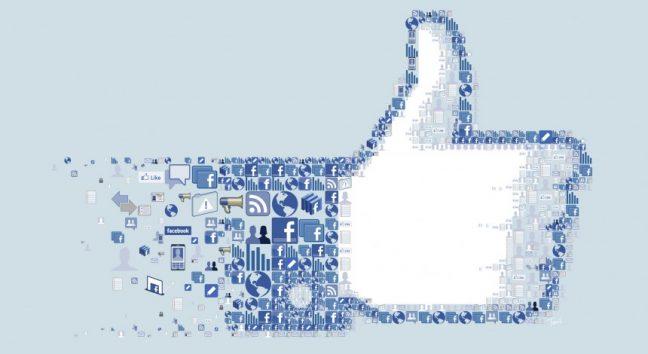A liberal-minded person attends a liberal-leaning school in a liberal city. This individual surrounds themselves with friends who think the same way they do, reads liberal news those friends share online and is recommended left-leaning ads and articles by algorithms the social media sites they use create.
Something is very wrong here. This hypothetical person lives in a bubble where they only hear their own opinion repeated back to them. This is called an echo chamber. And this person is not hypothetical.
It would be nice to live in a world where everyone agrees with you. But this isn’t how the political world works, nor the rest of the world, for that matter.
It is a rarity one hears a conservative opinion in a class here at the University of Wisconsin. Just think about it — have you ever heard someone outspokenly support President Donald Trump in one of your classes? Madison is very well-known as a liberal campus, so this is expected. But I challenge you to step out of your comfort zone and listen to someone who won’t echo your opinion.
Conservative students say pressure from predominantly liberal peers, faculty can be stifling
As for social media, we tend to follow people who share similar opinions. We see the tweets, Facebook posts and Instagram photos these social media forums promote to us, knowing what we are more likely to “favorite.” The internet itself reinforces our preferences.
NPR reports algorithms on websites like Facebook use further encase us in the echo chamber. These algorithms show users content, like news and other pages, that match their own ideological preferences. As websites start to detect our interests, they begin to display content that reaffirms these interests and filter out the things we don’t like.
It’s definitely nice having that “you might also like…” suggestion on social media, but many times, these other articles or pages just reiterate what we already know.
This parrots our opinions back to us, protecting us from viewing anything we don’t necessary like or agree with.
But we shouldn’t consider this to be protection. We need to break through this bubble if we want to spark meaningful dialogue, and so we should expose ourselves to news articles that argue opposing viewpoints. This isn’t necessarily to change our own views or convert us to the “other side,” but it will hopefully explain another point of view and allow us to see there is logic on the other side of the political spectrum.
From the Desk of the Editor: In a world of ‘fake news’ it’s on everyone to stay informed
If an individual is limited to one-sided news, liberal or conservative, they may miss valuable information supporting the opposing side and be unable to formulate a balanced opinion.
Furthermore, it’s important to challenge yourself and not merely accept opinions echoed back to you. By stepping outside the echo chamber, you will be forced to think outside of the box and create your own voice.
If you don’t choose the information being fed to you, how will you know what else is out there? How will you know your thoughts are your own?
Moreover, if you do choose to expose yourself to opposing opinions, keep an open mind. There is nothing more frustrating than a political debate composed of all talking and no listening.
It’s alright to agree with your opponent. It’s alright to admit you’re wrong. Most importantly, it’s perfectly alright to change your position on something.
In all honesty, I was very much in an echo chamber throughout my early life. Had it not been for my liberal high school classmates forcing me to challenge my pre-existing beliefs and consider all of the information available, I would probably still be a diehard Republican. I would still be saying I support something simply because my conservative parents and friends do.
Now I can confidently say I believe in something because I actively chose to believe in it, knowing both sides of the aisle. Given how I interpret the facts based on my personal views, my support is genuine.
Keep in mind an echo chamber can affect conservatives and liberals alike — so beware. This isn’t some partisan phenomenon.
Next time you are scrolling through social media, challenge yourself to click on that news article you would normally scoff at. Watch a video you would normally ignore. Follow a politician who belongs to an opposing party.
It’s on you.








